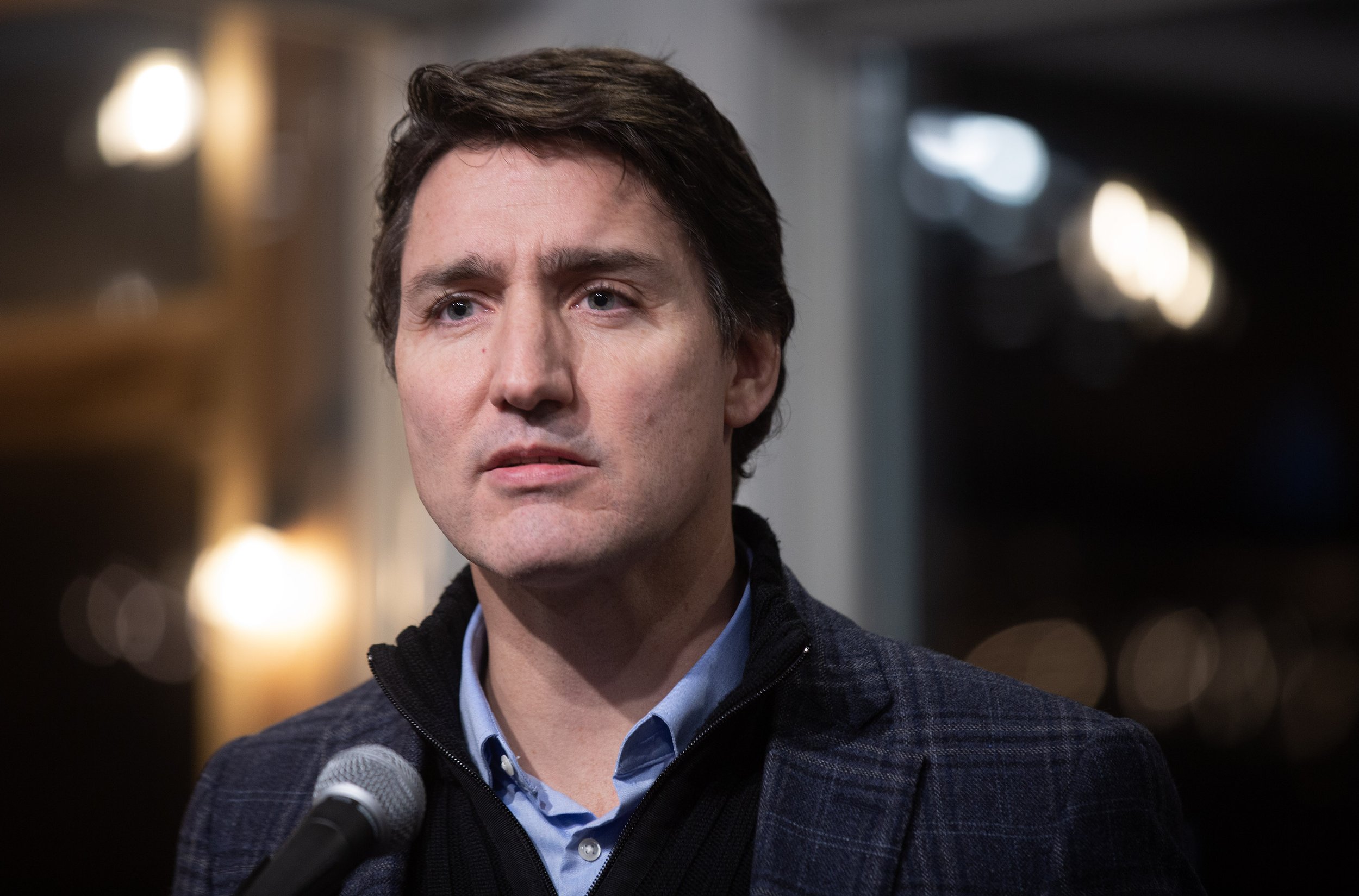Why isn’t Trudeau reaping the rewards of lower inflation?
THE CANADIAN PRESS
Kamala Harris’s deteriorating electoral prospects, after a great start to her campaign, have raised questions—among pundits anyway—about whether the post-pandemic inflation spike is too great a weight for any incumbent to overcome.
This obviously has implications for Prime Minister Justin Trudeau’s government, which also has seen little improvement in its polling numbers despite the improved macroeconomic environment, which includes a significant slowdown of inflation.
This week, historian Adam Tooze and Bloomberg’s John Authers—two of the sharpest global economics writers around—delved into the issue of why the public has yet to share in the enthusiasm over the improving outlook. They speculate it may be because the average household is less focused on the broader basket of goods and services they purchase, and more tuned in to the price of basic necessities like food and energy, which have seen much larger increases in recent years. The difference is between “felt” inflation, which has been disproportionately bad, and officially reported inflation.
Here is Tooze: “If we focus only on food and energy, the price shock of 2021-2 was worse than that in 1973. It is second only to the Iran-crisis shock of 1979, the crisis that put paid to what little chance Jimmy Carter had of reelection in 1980.”
The same pattern applies here in Canada. Prices of goods and services excluding food and energy have risen 16 per cent over the past five years. But food prices are up 27 per cent over that time, while gasoline has increased 29 per cent.
This helps to solve one riddle: Canadians seem to be discounting the fact that average wage gains have outpaced increases in the broader consumer price index—technically generating higher real incomes. That may not be apparent to someone who is more focused on the cost of basic necessities than the more opaque CPI gauge.




